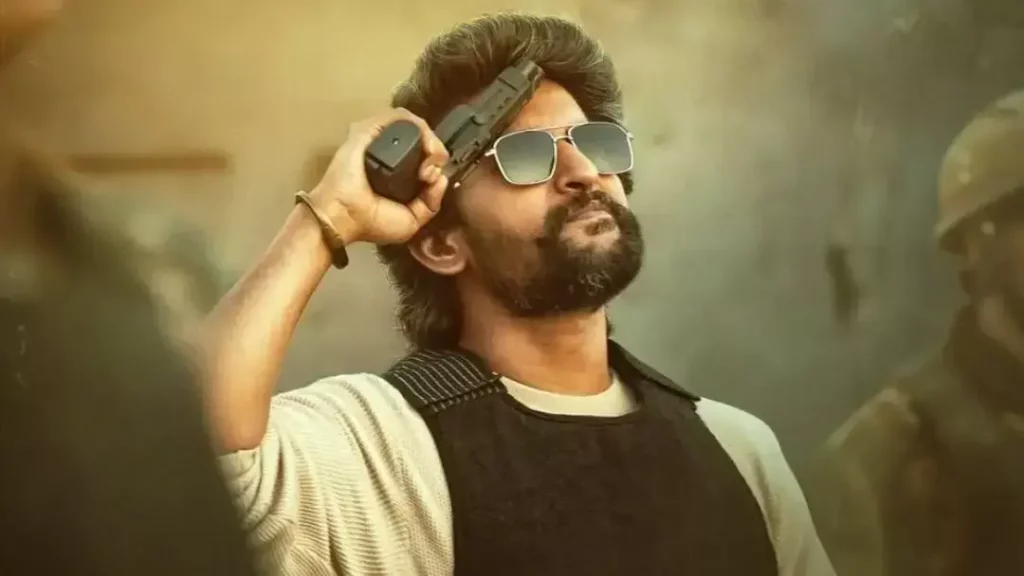
Nani’s ‘HIT 3’ Accused of Plagiarism, Madras HC Sends Legal Notice
The latest controversy to hit the Telugu film industry is the plagiarism accusations leveled against Nani’s upcoming film ‘HIT 3’. Writer Sonia Vimal has alleged that the film is a theft of her work, and the Madras High Court has issued a legal notice to the makers of the film.
Sonia Vimal, who claims to have registered her story with the South Indian Film Writers’ Association in 2021, alleged that she had sent a synopsis of her script to Nani in 2022 for a potential collaboration. However, she claims that the script was rejected, and instead, the makers of ‘HIT 3’ went ahead and used her story without her consent.
The controversy has raised eyebrows in the film industry, with many questioning how a film can be accused of plagiarism without a thorough investigation. However, the Madras High Court has taken cognizance of Sonia Vimal’s allegations and has issued a legal notice to the makers of ‘HIT 3’, demanding a response within two weeks.
Sonia Vimal’s allegations have sparked a heated debate on social media, with many fans of Nani and the ‘HIT’ franchise expressing their shock and disappointment. The film’s makers have so far maintained silence on the issue, leaving fans to speculate about the truth behind the allegations.
The plagiarism allegations against ‘HIT 3’ are not the first of their kind in the Telugu film industry. In recent years, there have been several instances of plagiarism, with many films accused of copying scripts, dialogues, and even music from other films.
The issue of plagiarism is a serious one, and the film industry needs to take steps to prevent it. One of the ways to do this is to ensure that writers and directors are given due credit for their work, and that their creative output is protected.
In the case of ‘HIT 3′, Sonia Vimal claims that she had registered her story with the South Indian Film Writers’ Association in 2021, and had sent a synopsis of her script to Nani in 2022. However, she claims that the script was rejected, and instead, the makers of the film went ahead and used her story without her consent.
Sonia Vimal’s allegations have raised several questions about the film industry’s attitude towards plagiarism. How can a film be accused of plagiarism without a thorough investigation? Why do filmmakers feel the need to copy stories and scripts from other films? And what can be done to prevent plagiarism in the future?
The Madras High Court’s decision to issue a legal notice to the makers of ‘HIT 3’ is a welcome move. It is essential that the court takes a firm stance on plagiarism, and that the film industry is held accountable for its actions.
In conclusion, the plagiarism allegations against ‘HIT 3’ are a serious issue that needs to be addressed. The film industry needs to take steps to prevent plagiarism, and ensure that writers and directors are given due credit for their work. The Madras High Court’s decision to issue a legal notice to the makers of the film is a welcome move, and we hope that the truth behind the allegations is revealed soon.






